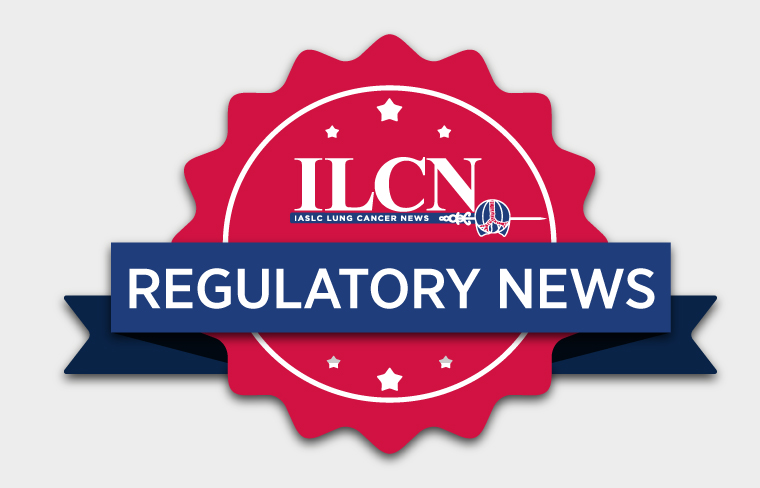BBO-8520 Receives Fast Track Designation from the FDA for KRAS G12C-Mutant mNSCLC

The US Food and Drug Administration (FDA) has recently granted fast track designation to BBO-8520 for the treatment of patients with previously treated KRASG12C-mutated metastatic non-small cell lung cancer (mNSCLC). This decision was based on findings from the phase I ONKORAS-101 trial, a first-in-human study assessing the safety, efficacy, and preliminary anti-tumor activity of BBO-8520, both alone and in combination with pembrolizumab.1
Participants enrolled in cohort 1 receive BBO-8520 at varying dose levels once daily as monotherapy.1 Participants enrolled in cohort 1b receive BBO-8520 at different dose levels once daily in combination with pembrolizumab infusion.1 Participants enrolled in cohort 2a receive BBO-8520 once daily as monotherapy.1 Participants enrolled in cohort 2b receive BBO-8520 once daily in combination with pembrolizumab infusion.1
The primary outcomes being measured are the incidence and severity of treatment-emergent adverse events (TEAEs), serious adverse events (SAEs), and the number of participants experiencing dose-limiting toxicities (DLTs).1 Secondary outcomes include objective response rate (ORR), duration of response (DOR), and progression-free survival (PFS).1
The estimated primary completion date, which refers to when researchers anticipate that data collection will be complete for all primary outcome measures, is August 2027.1 The study completion date, which indicates when researchers expect to finalize data collection for all outcomes and adverse events, is estimated to be February 2028.1
China Approves Taletrectinib for Advanced ROS1-Positive NSCLC
Taletrectinib has been approved by China’s National Medical Products Administration (NMPA) for patients with locally advanced or metastatic ROS1-positive NSCLC. The decision was based on findings from the TRUST-1 trial. The phase II study demonstrated that taletrectinib produced and durable response rates, a significant intracranial ORR, prolonged PFS, and efficacy against the G2032R mutation, while maintaining a favorable safety profile.2
The study evaluated both TKI-naïve patients and those who had been previously treated with crizotinib.2 The confirmed ORR (cORR) was the primary end point, while key secondary end points included DOR, PFS, and safety.2
There were 173 participants enrolled in the study as of November 2023. The median age of the patients was 55 years, with the majority (58%) being female and nearly three-quarters (73%) having no history of smoking.2 Most patients (106) were TKI-naïve, while 67 had previously been treated with crizotinib.2
In TKI-naïve patients, cORR and intracranial cORR were 91% and 88%, respectively, while in patients who had previously been treated with crizotinib, these rates were 52% and 73%.2 The median DOR and median PFS were not reached (NR) in TKI-naïve patients, with follow-up periods of 22.1-months and 23.5-months, respectively.2 In contrast, the median DOR in patients who had been pretreated with crizotinib was 10.6 months, and the median PFS was nearly 8 months.2
The most common TEAEs were increased aspartate aminotransferase (76%), diarrhea (70%), and increased alanine aminotransferase (68%), most of which were classified as grade 1 or 2.2 Incidences of neurologic TEAEs were low, including dizziness (23%) and dysgeusia (10%), and were primarily grade 1.2 Discontinuations due to TEAEs occurred in 5% of patients, while dose reductions were noted in 19% of participants.2
References
- 1. https://clinicaltrials.gov/study/NCT06343402#study-overview
- 2. Li W, Xiong A, Yang N, et al. Efficacy and Safety of Taletrectinib in Chinese Patients With ROS1+ Non-Small Cell Lung Cancer: The Phase II TRUST-I Study. J Clin Oncol. 2024;42(22):2660-2670. doi:10.1200/JCO.24.00731





